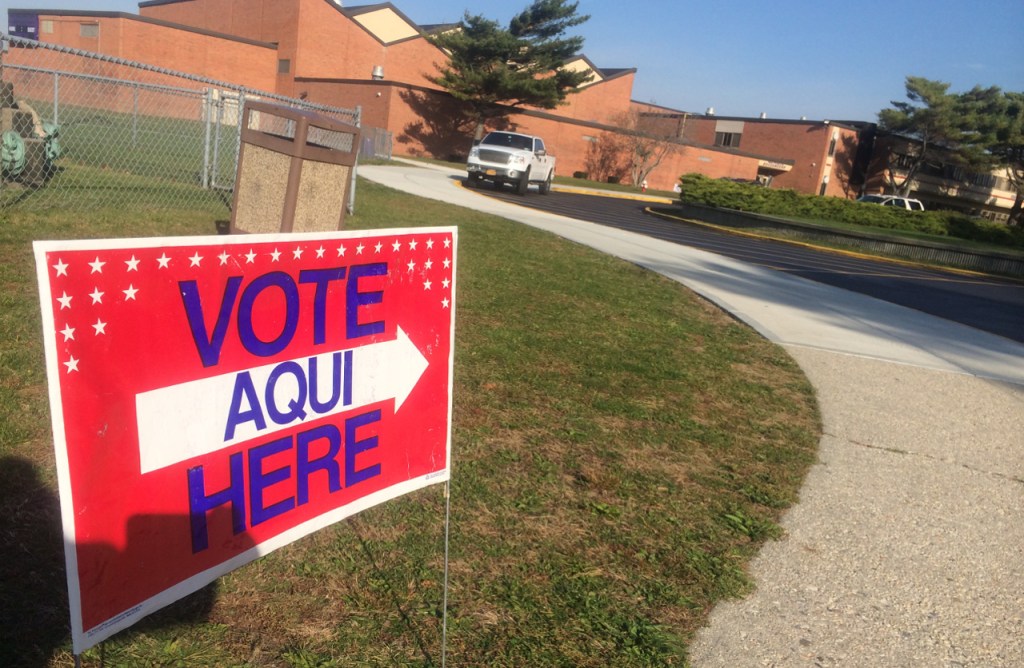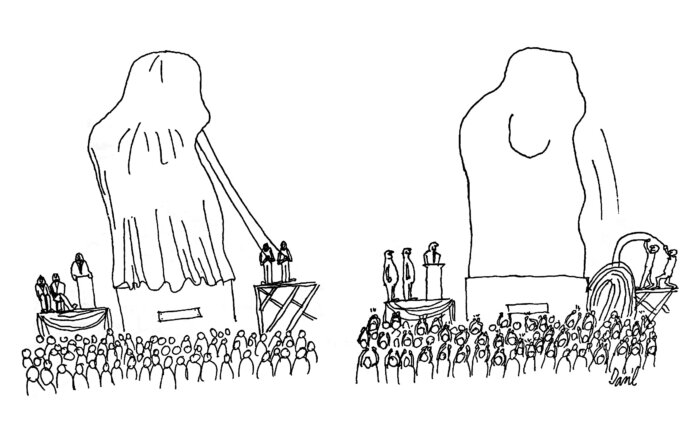With campaign season ramping up and the mid-term elections on the horizon, now is the perfect time to take a good, hard look into our election process. In this amazing experiment called democracy, we have organized systems at every level of government designed to allow equal opportunities for a wide swath of candidates to enter the political process.
That process, however, has become disproportionately political. So much so that voters are left with choices that are often decided by a convoluted system fed by political party bosses and special interest groups whose interest in public service comes second to their self serving principles.
The process has become a gateway to backdoor deals and at times corruption. It has eroded the public’s trust in our political system, leaving them to feel disenfranchised with the entire process. The result is low voter turnout and a rarely challenged status quo. The numbers bear this out. In the 2016 general election, only 57 percent of eligible voters participated, making voter turnout in New York State 41st in the nation.
Unless the system changes, the pathway to democratic elections will remain entrenched in their dysfunction. This is why Suffolk County enacted campaign finance reform legislation modeled after New York City’s election laws. It establishes a 4-to-1 public match with individual contribution limits and a new Campaign Finance Board to ensure compliance.
By drafting this legislation, Suffolk became the first municipality statewide, with the exception of New York City, to establish public financing of elections, effectively expanding opportunity for ordinary citizens to run competitive races for public office.
Here is how it works: a candidate who runs for county legislator and receives at least $5,000 in contributions of $250 or less will be eligible to participate in a 4-to-1 public matching system. This will even the playing field for candidates who do not have access to deep pockets and special interests, including those who challenge incumbents, who traditionally enjoy deeper war chests than brand new candidates do.
The influx of new and varied candidates who have real shots at being heard by the constituency will go a long way toward reinvigorating voters, rebuilding their trust, and bringing them back into the democratic system.
We hope that by our example, other counties and municipalities across the state will implement their own versions of campaign finance systems and that ultimately, word will spread to Albany, where a comprehensive public finance bill will see the light of day.





















